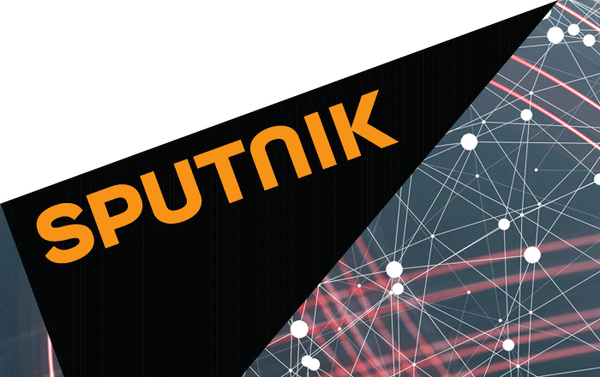This isn't a new development in and of itself, but the intensity of the rhetoric has noticeably increased in the past week as Trump seems to have hyped up his UN appearance, during which time he used the global podium to condemn the Iranians. Trump also previously hinted that he might not recertify the nuclear deal in mid-October during its next 90-day deadline, which could trigger the US' withdraw from the agreement unless the Iranians agree to renegotiate it like he wants.
The Iranians haven't taken this humiliation in silence, however. Supreme Leader Ayatollah Khamenei earlier promised that his country would respond to any "wrong move" by the US, and President Rouhani said that Iran would pull out of the agreement within hours of any new nuclear-related sanctions being promulgated against it. He also said that the US would "pay such a high cost" if it did so, stating that North Korea and other American adversaries won't take its future negotiation proposals seriously if they saw that Washington would throw away years' of diplomatic work in an instant just because it felt like it.
Whatever Trump ultimately decides to do on 15 October when the next Congressional deadline hits for him to recertify the deal or not, it's evident that he's turned the nuclear deal into the central tenet of his foreign policy towards Iran, just as he promised to do on the campaign trail. His administration understands that this strategy appeals to the interests of the US' Israeli and Saudi allies, and that it also gives Washington a tool for indirectly pressuring Tehran regarding the post-Daesh role of its Islamic Revolutionary Guard Corps (IRGC) and Hezbollah in Syria, which is increasingly becoming a major security issue for Tel Aviv. There's also the possibility that this could be used to try punish Iran for its political support to the Houthis, Bahraini protesters, and Qatar.
Either way one looks at it, however, the back-and-forth accusations about the nuclear deal are part of a diplomatic dance with very serious strategic — and perhaps even military — implications.
Patrick Henningsen, Executive Editor of the news and analysis website, 21stCenturyWire.com, and Catherine Shakdam, Director Shafaqna Institute of Middle Eastern Studies, joined the show.
Want to sound off and share what you think about this? Send us an email at radio@sputniknews.com or find us on Facebook!


